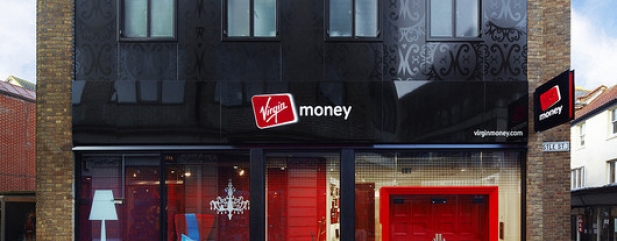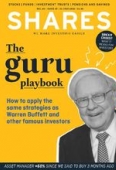Archived article
Please note that tax, investment, pension and ISA rules can change and the information and any views contained in this article may now be inaccurate.
Will the CYBG tie-up with Virgin Money be any match for the big banks?

Now challenger banks CYBG (CYBG) and Virgin Money (VM.) have agreed terms, they are entering into an unchartered area of banking, challenger plus perhaps.
Neither as large as the big boys but with significantly more scale than the dwindling number of challenger banks elsewhere on the market.
To create a truly full service bank, CYBG and Virgin Money needed changes to make it a more level playing field.
Banking regulator the PRA granted approval for Virgin to reduce the amount of capital it needed to hold against mortgages also known as mortgage risk weighted assets to around 13%.
This in turn boosted its common equity tier 1 (CET1) capital to 16%, a 250 basis points improvement in its buffer against economic shocks.
The disadvantage the smaller banks had was that for taking exactly the same credit risk the smaller lenders have to set aside ten times more capital than the six biggest banks. Now ex-Tory MP Andrew Tyrie is chair of the Competition and Markets Authority he has changed this rule, boosting challenger banks CET1 ratios.
CYBG ALSO GRANTED MORTGAGE RELIEF
CYBG should be granted its Internal Ratings Based (IRB) approach to mortgage risk weighted assets by 1 October, thought to be around 14%.
This is a big drop from the current 37% and should free up £432m of excess capital. This is equivalent to 30p per share of the combined entity.
According to Alex Medhurst, analyst at investment bank Berenberg, the tie-up between the financial institutions should be 15% accretive to 2021 earnings per share (EPS) figure, although his stated forecasts do not extend to this year.
He adds that due to restructuring and rebranding costs the first three years post deal will result in lower EPS.
The use of the Virgin name will cost £12m from year one and increases to £15m from year four. However, Virgin is already paying to use the brand name now so it would be odd if this practice was not continued.
One key sign of a bank’s profitability is it’s net interest margin (NIM) and here the tie-up looks compelling. The combined entity will have a NIM of just under 2% which compares favourably to the Royal Bank of Scotland (RBS), for example, which has a NIM of just above 2%.
According to Berenberg’s Medhurst, if the combination can achieve its targeted synergies it can achieve a cost to income ratio below 50%. ‘This is significantly lower than we believe either CYBG or Virgin Money could achieve on a standalone basis, and goes a long way towards unlocking attractive returns for shareholders,’ he adds. (DS)
Important information:
These articles are provided by Shares magazine which is published by AJ Bell Media, a part of AJ Bell. Shares is not written by AJ Bell.
Shares is provided for your general information and use and is not a personal recommendation to invest. It is not intended to be relied upon by you in making or not making any investment decisions. The investments referred to in these articles will not be suitable for all investors. If in doubt please seek appropriate independent financial advice.
Investors acting on the information in these articles do so at their own risk and AJ Bell Media and its staff do not accept liability for losses suffered by investors as a result of their investment decisions.
Issue contents
Big News
- Stocks super charged by electric vehicle plans
- TalkTalk buyout rumours emerge as chairman ups stake close to 30%
- What the latest Brexit news means for markets and investors
- Echostar walks away but Inmarsat still in play, say analysts
- Sunny weather and England’s top World Cup performance hits holiday bookings

 magazine
magazine








